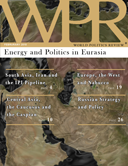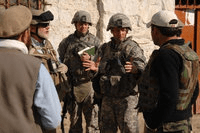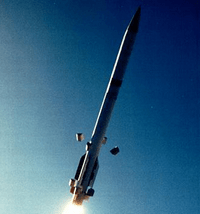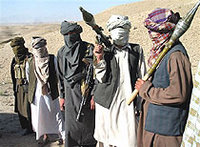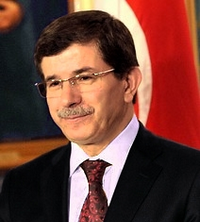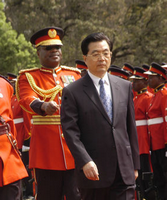
Last week in Cape Town, South Africa, I was a keynote speaker at the massive Mining Indaba conference, the premier annual gathering of global extractive companies involved in Africa’s dominant economic sector. And the difference between the many military and aid conferences I’ve attended on Africa and this international commodities convention in Africa was telling. If you think most Americans now obsess over a “rising” China, you should know that we take a backseat to the Africans on this score. But whereas we often see China’s rise as a potential threat, Africans see it as an opportunity, and China’s “positive […]

